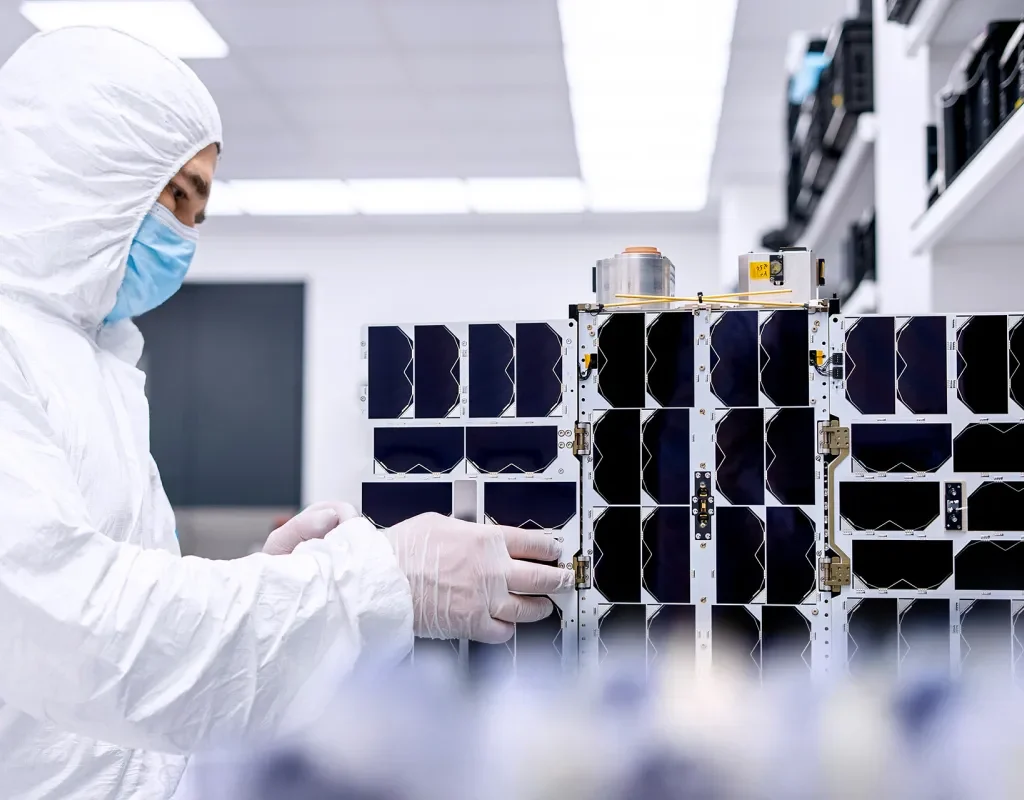South Korea's Institute for Basic Science (IBS) has placed an order for the first of five cubesats aimed at studying Venus from low Earth orbit (LEO), marking a growing role for small satellites in planetary research as flagship missions face uncertain funding.
Lithuania-based NanoAvionics announced it secured a contract to build an 8U cubesat for the CLOVE mission—Chasing the Long-term Variability of Our Nearest Neighbor Planet Venus. The satellite will carry ultraviolet and near-infrared sensors developed by IBS to monitor the atmosphere of Venus.
IBS plans to deploy a new CLOVE satellite every three years over 15 years, spanning at least one full 11-year solar cycle. The long-term data is expected to enhance understanding of how Venus transformed into a hostile world, contrasting with Earth's evolution.
“This mission reflects a growing trend in space science, where small satellites play an increasingly important role in complementing larger-scale missions,” said Atle Wøllo, CEO of NanoAvionics. The company has supported over 20 research missions across disciplines such as materials science, Earth observation, and astrophysics, but CLOVESat-1 will be its first dedicated planetary research satellite.
Advantages of Planetary Science from LEO
Because Venus remains close to the Sun from Earth's perspective, a satellite in LEO can observe the planet during daylight portions of roughly half its orbit. Lee Yeon Joo, chief investigator of IBS's Planetary Atmospheres Group, noted that LEO offers flexible launch windows and cost-efficient operations, avoiding the complexities and risks of deep-space mission planning.
Deploying a series of cubesats helps mitigate instrument aging effects, enabling more consistent “time series” data on Venus' disk reflectivity compared to relying on a single long-duration mission. Lee acknowledged that while cubesats cannot match the spatial resolution or complex instrumentation of traditional planetary missions, their data will complement such efforts.
Flagship Mission Funding Challenges
The cubesat initiative gains importance as three major Venus missions face uncertain futures due to proposed steep cuts in NASA's science budget for fiscal year 2026, pending Congressional approval. NASA's DAVINCI and VERITAS missions are at risk of cancellation, and the agency may also end its participation in the European Space Agency's EnVision mission.
ESA awarded Thales Alenia Space a €367 million ($420 million) contract earlier this year for EnVision development, targeting a November 2031 launch. VERITAS, delayed several years, is also slated for a similar timeframe, while DAVINCI was targeting deployment near the end of 2030.
IBS's cubesat program provides a timely, cost-effective complement to these larger missions, helping sustain continuous observation of Venus' atmosphere despite funding uncertainties.
